In today’s rapidly evolving educational landscape, understanding the Family Educational Rights and Privacy Act (FERPA) is crucial for adult educators and lifelong learners. FERPA ensures the confidentiality of student records and grants rights to individuals regarding their educational information. As adult education and professional development increasingly incorporate online platforms and diverse learning environments, it is essential to navigate FERPA’s guidelines effectively. This article explores the core aspects of FERPA, including compliance requirements, the rights of adult learners, and best practices for safeguarding privacy. We will also address unique considerations for online learning, the implications for professional development, and the future trends in FERPA. Equip yourself with the knowledge to manage FERPA requirements confidently and enhance your educational practices.
Let’s examine this topic closely with gameshoek.com
1. Introduction to FERPA
The Family Educational Rights and Privacy Act (FERPA), enacted in 1974, is a federal law designed to protect the privacy of student education records. Originally intended for primary and secondary education, FERPA’s principles extend to adult education settings, making it essential for educators and learners to understand its provisions. FERPA grants students and their families certain rights regarding their educational records, including the right to inspect and review these records, request amendments, and control the disclosure of their information.
In the context of adult education and lifelong learning, FERPA plays a crucial role in maintaining the confidentiality of student data amidst diverse and often digital learning environments. The act mandates that educational institutions, including colleges and universities, protect personal information and ensure that it is only shared with authorized parties. For adult learners, FERPA provides reassurance that their educational records are handled with respect and privacy. Understanding FERPA is not just a regulatory requirement but a commitment to fostering a secure and trustworthy educational environment. This introduction to FERPA sets the stage for a deeper exploration of its compliance, rights, and practical implications in modern educational settings.
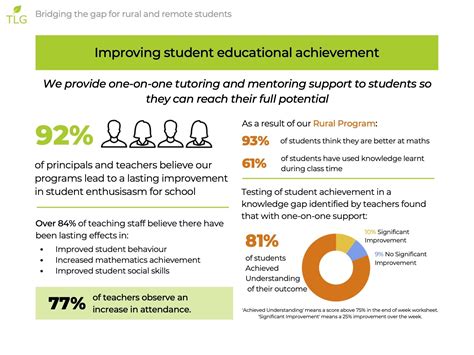
2. FERPA Compliance: What Educators Need to Know
FERPA compliance is crucial for educators to ensure the protection of student privacy and adherence to legal standards. Educators must understand that FERPA governs the management of educational records, which include grades, transcripts, and other personally identifiable information. Compliance begins with knowing which records are protected and who has the right to access them. Generally, only the student or their legal guardian can access these records without consent.
Educators must also be aware of the conditions under which they can disclose information. FERPA allows disclosure to specific parties, such as other school officials with a legitimate educational interest or in response to a court order. However, any disclosure outside these parameters requires explicit written consent from the student.
In practice, this means implementing procedures for handling records securely, training staff on FERPA regulations, and ensuring that any data sharing or record-keeping practices comply with FERPA requirements. Regular audits and updates to privacy policies can help maintain compliance and protect against inadvertent breaches. By adhering to FERPA guidelines, educators uphold students’ rights and foster a trustworthy learning environment.
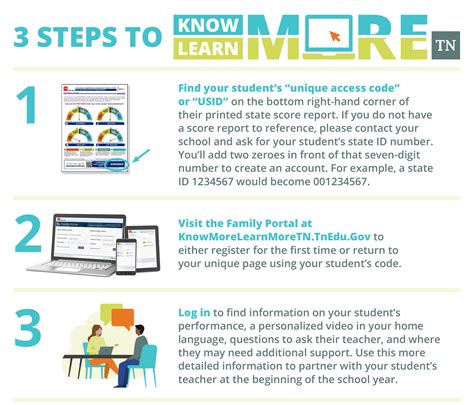
3. Rights of Adult Learners Under FERPA
Under FERPA, adult learners are granted specific rights regarding their educational records. These rights include the ability to inspect and review their records, which allows them to verify the accuracy of the information held by educational institutions. Adult learners can request amendments to their records if they believe any information is incorrect or misleading.
Another key right is the control over the disclosure of their records. Educational institutions must obtain written consent from the student before sharing their records with third parties, except in certain legally defined circumstances. This consent ensures that students have control over who accesses their personal information.
Additionally, adult learners have the right to be informed about their FERPA rights and the procedures for exercising them. Educational institutions are required to notify students annually about these rights and any changes to FERPA regulations. By safeguarding these rights, FERPA helps maintain the privacy and integrity of adult learners’ educational experiences.
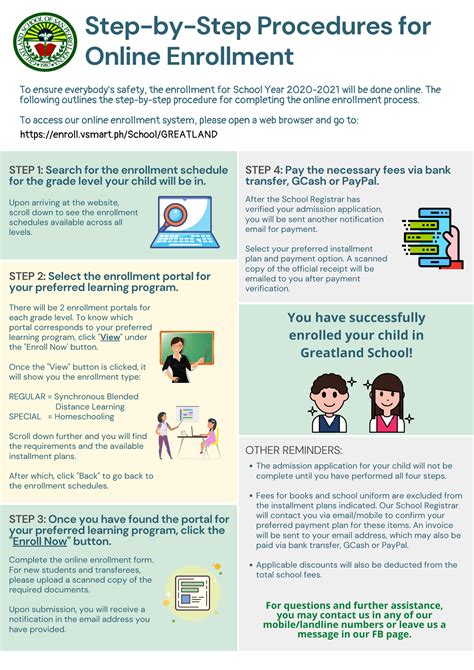
4. FERPA and Online Learning: Unique Considerations
As online learning becomes increasingly prevalent, FERPA presents unique considerations for protecting student privacy in digital environments. Online platforms often involve the collection and sharing of educational records electronically, which requires careful management to ensure compliance with FERPA.
Educators must ensure that any online learning tools or platforms used are secure and comply with FERPA regulations. This includes verifying that these platforms have appropriate privacy policies and safeguards in place to protect student data. Additionally, it is essential to control access to educational records and ensure that only authorized individuals can view or handle sensitive information.
Online learning environments also necessitate clear communication with students about how their data will be used and protected. Providing transparency about data handling practices and obtaining proper consent for data sharing are crucial steps in maintaining FERPA compliance in the digital age. By addressing these considerations, educators can uphold the privacy and integrity of student information in online learning settings.
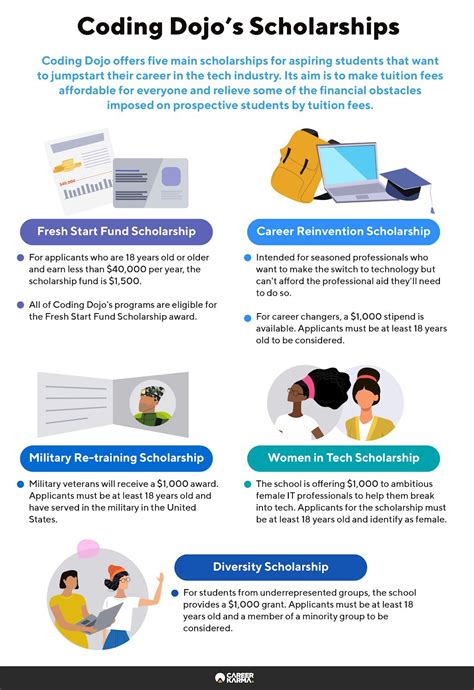
5. Best Practices for Protecting Student Privacy
Protecting student privacy under FERPA requires implementing robust best practices to ensure compliance and safeguard sensitive information. First, educators should adopt strict data security measures, including encryption for electronic records and secure storage for physical documents. Access to educational records should be limited to authorized personnel with a legitimate educational interest, and protocols should be established to handle data requests securely.
Regular staff training on FERPA regulations is essential to ensure that everyone involved understands their responsibilities in protecting student information. This includes educating staff about proper procedures for accessing, handling, and sharing records.
Additionally, institutions should implement clear privacy policies and procedures, making them easily accessible to students. This transparency helps students understand their rights and how their data is managed. Periodic audits of data management practices can also help identify and address potential vulnerabilities.
Lastly, obtaining explicit written consent from students before disclosing their records to third parties is crucial. By following these best practices, educators can effectively protect student privacy and maintain FERPA compliance.
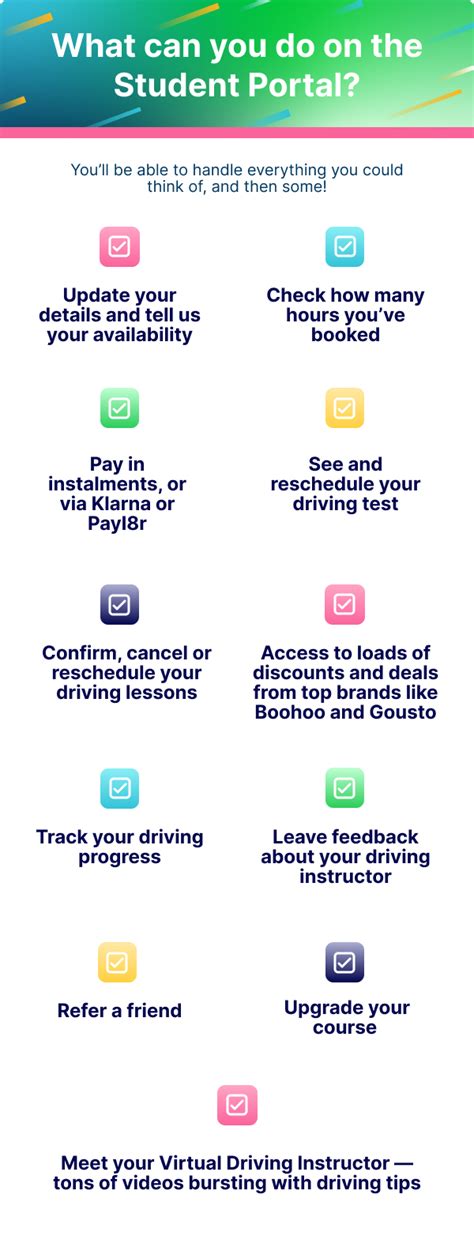
6. FERPA in the Workplace: Professional Development Implications
FERPA’s implications extend beyond the classroom and into the workplace, particularly in professional development settings. For adult educators and training professionals, understanding FERPA is essential when managing employee training records and personal information. Institutions must ensure that any professional development programs they offer comply with FERPA regulations, especially if they involve handling educational records of employees.
Educators and HR professionals should be trained on FERPA guidelines to manage and protect sensitive employee information effectively. This includes maintaining confidentiality and ensuring that access to training records is restricted to authorized personnel only.
Additionally, organizations must develop and implement clear policies for managing and disclosing training records, obtaining proper consent when necessary, and addressing any potential FERPA violations. By integrating FERPA compliance into professional development practices, organizations can foster a respectful and legally compliant environment, ensuring that employee information is handled with the same level of privacy and care as student records.
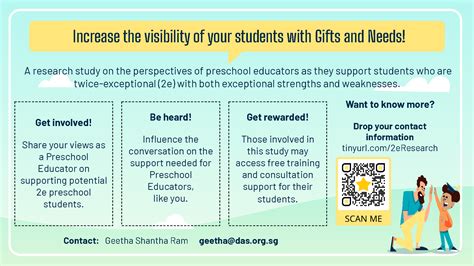
7. Handling FERPA Violations: Steps to Take
Handling FERPA violations requires a structured approach to address and rectify breaches effectively. The first step is to promptly identify and assess the nature and scope of the violation. This involves determining which records were compromised, how the breach occurred, and who was affected.
Once the breach is identified, immediate actions should be taken to contain it and prevent further unauthorized access. This might include revoking access permissions, securing affected records, and notifying relevant parties.
Next, it is crucial to notify the affected individuals and provide them with information about the breach, including what records were involved and what steps are being taken to address the issue. Transparency is key to maintaining trust and complying with FERPA requirements.
Following this, conduct a thorough investigation to understand the root cause of the violation and implement corrective measures. This may involve revising data management practices, enhancing security protocols, and providing additional training to staff.
Finally, document the incident and the response actions taken. Regular audits and reviews can help prevent future violations and ensure ongoing FERPA compliance.
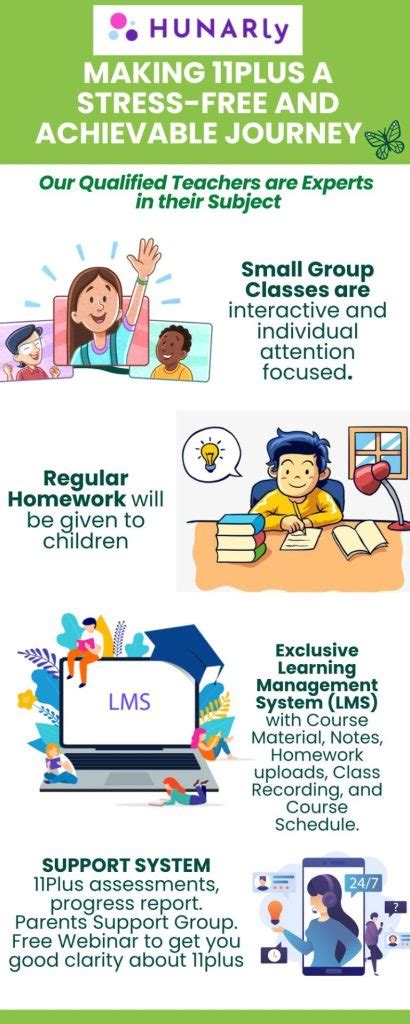
8. Balancing FERPA with Other Privacy Laws
Balancing FERPA with other privacy laws requires a nuanced understanding of how these regulations intersect and complement each other. FERPA focuses on the privacy of educational records, but it must be navigated alongside other laws such as the Health Insurance Portability and Accountability Act (HIPAA), which protects health information, and the General Data Protection Regulation (GDPR) for institutions interacting with data from the European Union.
When managing student information, it’s crucial to ensure compliance with FERPA while also adhering to these other privacy laws. For instance, if a student’s educational records contain health information, both FERPA and HIPAA regulations must be considered. This means understanding how each law applies to different types of data and ensuring that practices meet all relevant legal requirements.
Institutions should develop comprehensive privacy policies that address FERPA and other applicable laws. Training staff to recognize and manage the overlaps between these regulations can help prevent conflicts and ensure that all privacy requirements are met. Regular reviews and updates to privacy practices can further ensure compliance across multiple legal frameworks.
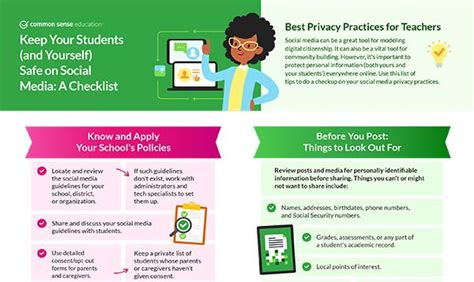
9. Educator Training on FERPA: Tools and Resources
Effective educator training on FERPA is essential for ensuring compliance and safeguarding student privacy. Several tools and resources can aid in this training. Online courses and webinars specifically focused on FERPA provide educators with comprehensive knowledge and updates on regulations. These platforms often offer interactive elements, such as quizzes and case studies, to reinforce learning.
Institutions can also utilize FERPA compliance toolkits, which include guidelines, checklists, and sample policies to help educators implement best practices. These toolkits often come with resources for developing and updating privacy policies and procedures.
Additionally, professional organizations and educational associations often offer workshops and seminars on FERPA and privacy issues. These events provide opportunities for educators to engage with experts, ask questions, and discuss practical applications of FERPA regulations.
Regular training sessions and refresher courses are crucial to keep educators informed about changes in FERPA and other privacy laws. Creating a culture of continuous learning around FERPA helps ensure that all staff members are equipped to handle educational records responsibly and maintain compliance.

10. Future of FERPA: Trends and Potential Changes
The future of FERPA may involve several significant trends and potential changes as educational environments evolve. One key trend is the increasing integration of technology in education, which could lead to more stringent regulations on data privacy and security. As online learning platforms and digital records become more prevalent, FERPA may see updates to address new challenges related to data protection in virtual spaces.
Another potential change could involve greater emphasis on interoperability and data sharing among educational institutions. This may necessitate clearer guidelines on how FERPA interacts with other privacy laws and standards.
There is also a growing focus on transparency and student rights, which might lead to enhanced requirements for institutions to disclose their data handling practices and provide students with more control over their information.
Monitoring these developments and preparing for potential regulatory adjustments will be crucial for educators to remain compliant and protect student privacy effectively.
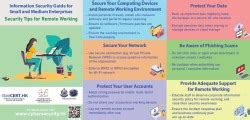
Understanding and implementing FERPA guidelines is essential for protecting student privacy and ensuring compliance in both traditional and online learning environments. By following best practices, staying informed about legal requirements, and utilizing available resources, educators can effectively manage educational records and uphold student rights. As FERPA continues to evolve, ongoing education and adaptation will be crucial for maintaining privacy and addressing emerging challenges in the educational landscape.
gameshoek.com
